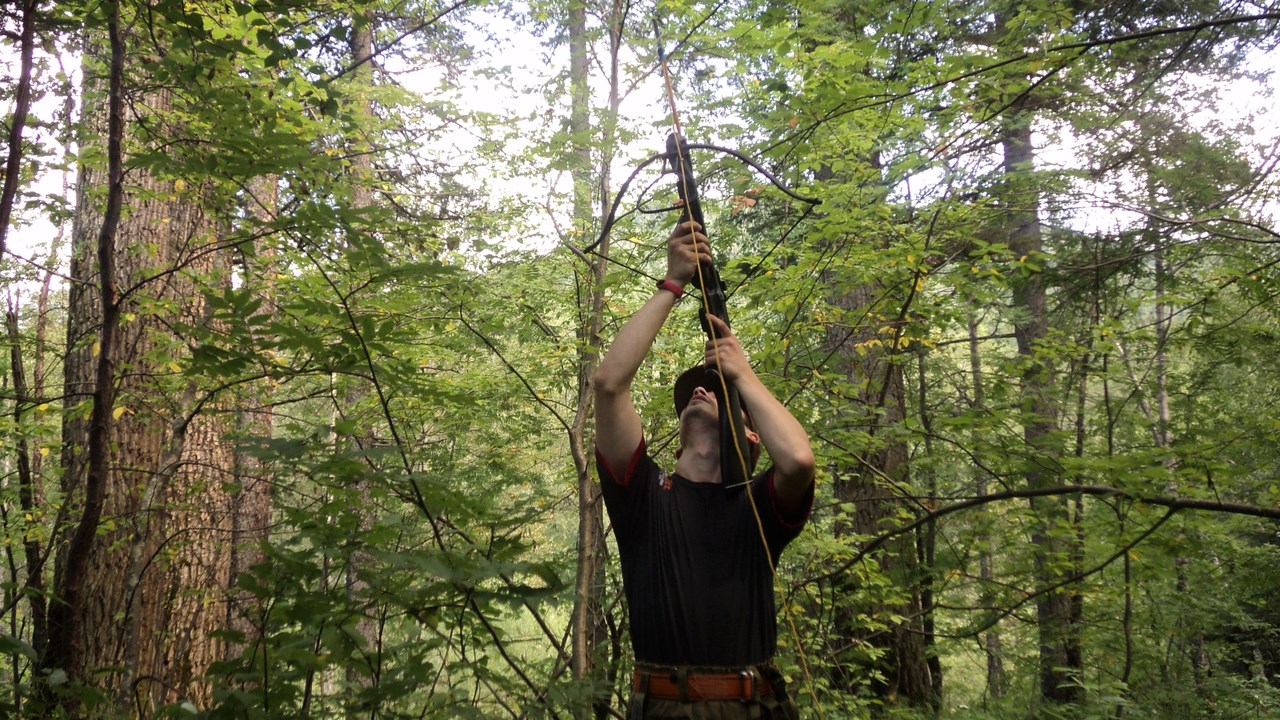About the scientific study
Hwang, B.C., Giardina, C.P., Adu-Bredu, S. et al. The impact of insect herbivory on biogeochemical cycling in broadleaved forests varies with temperature. Nature Communications 15, 6011 (2024). https://doi.org/10.1038/s41467-024-50245-9



